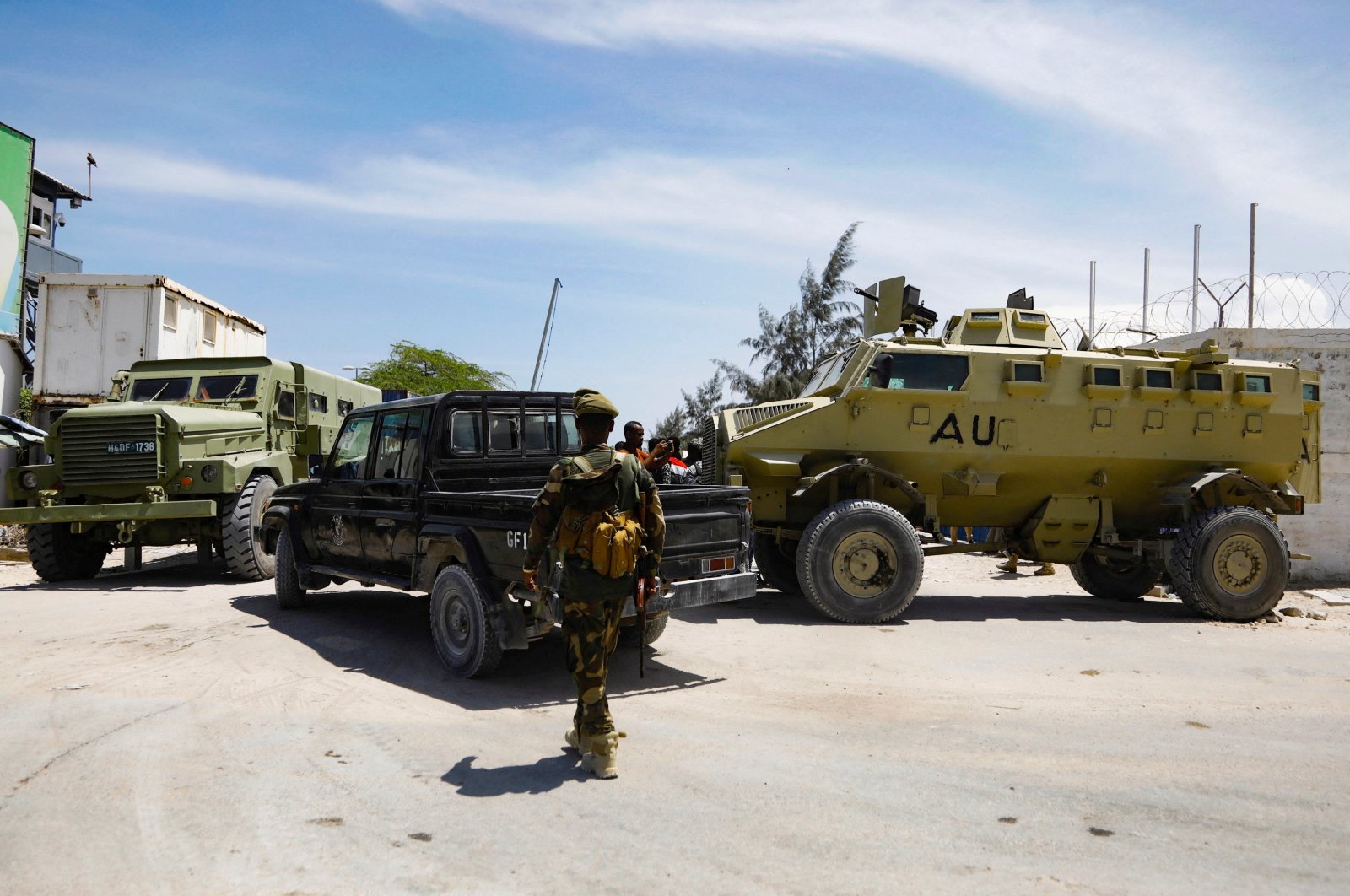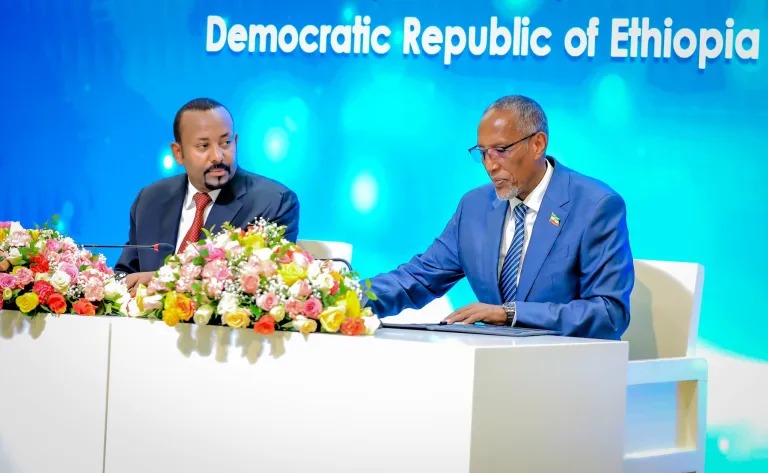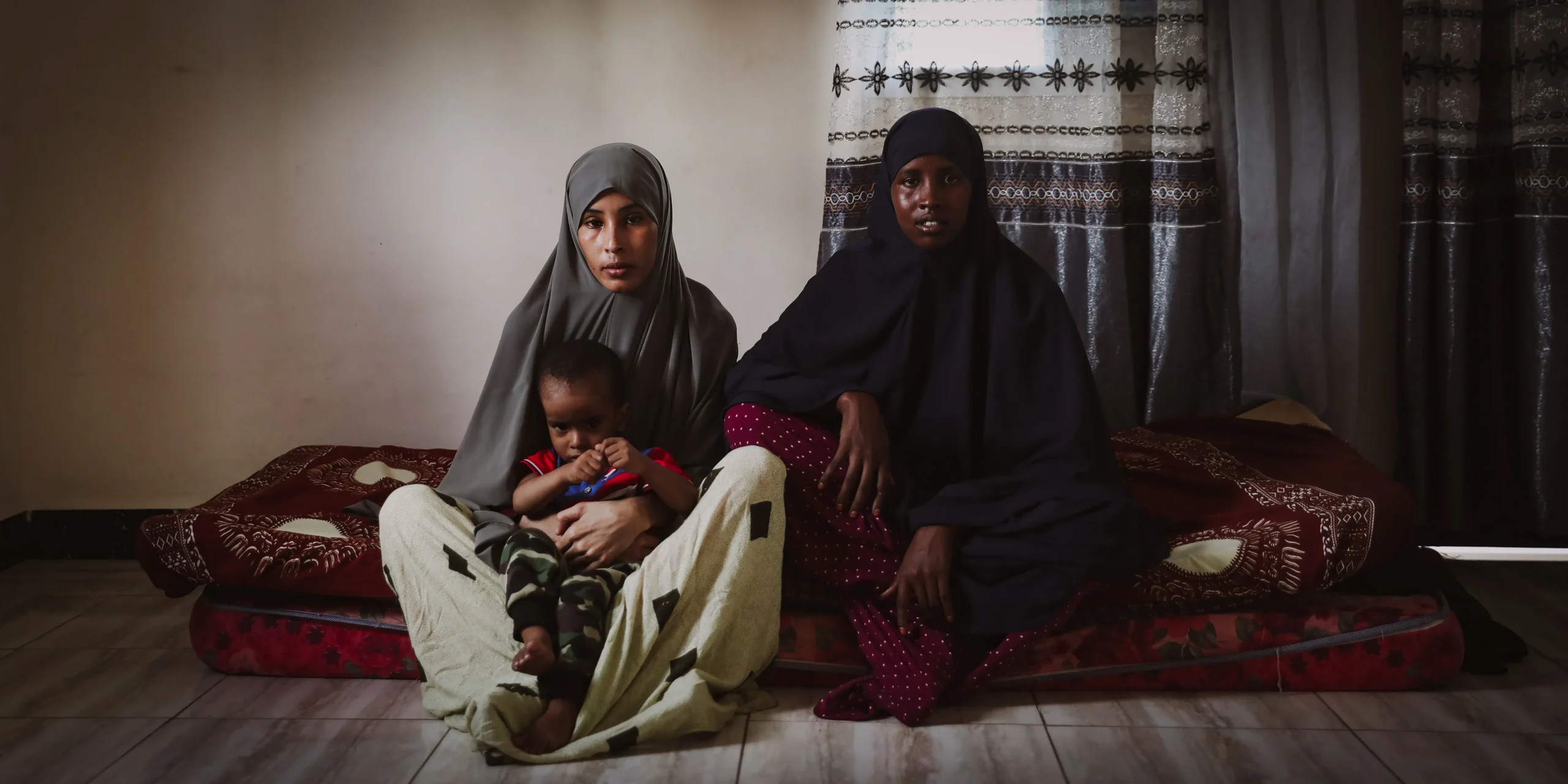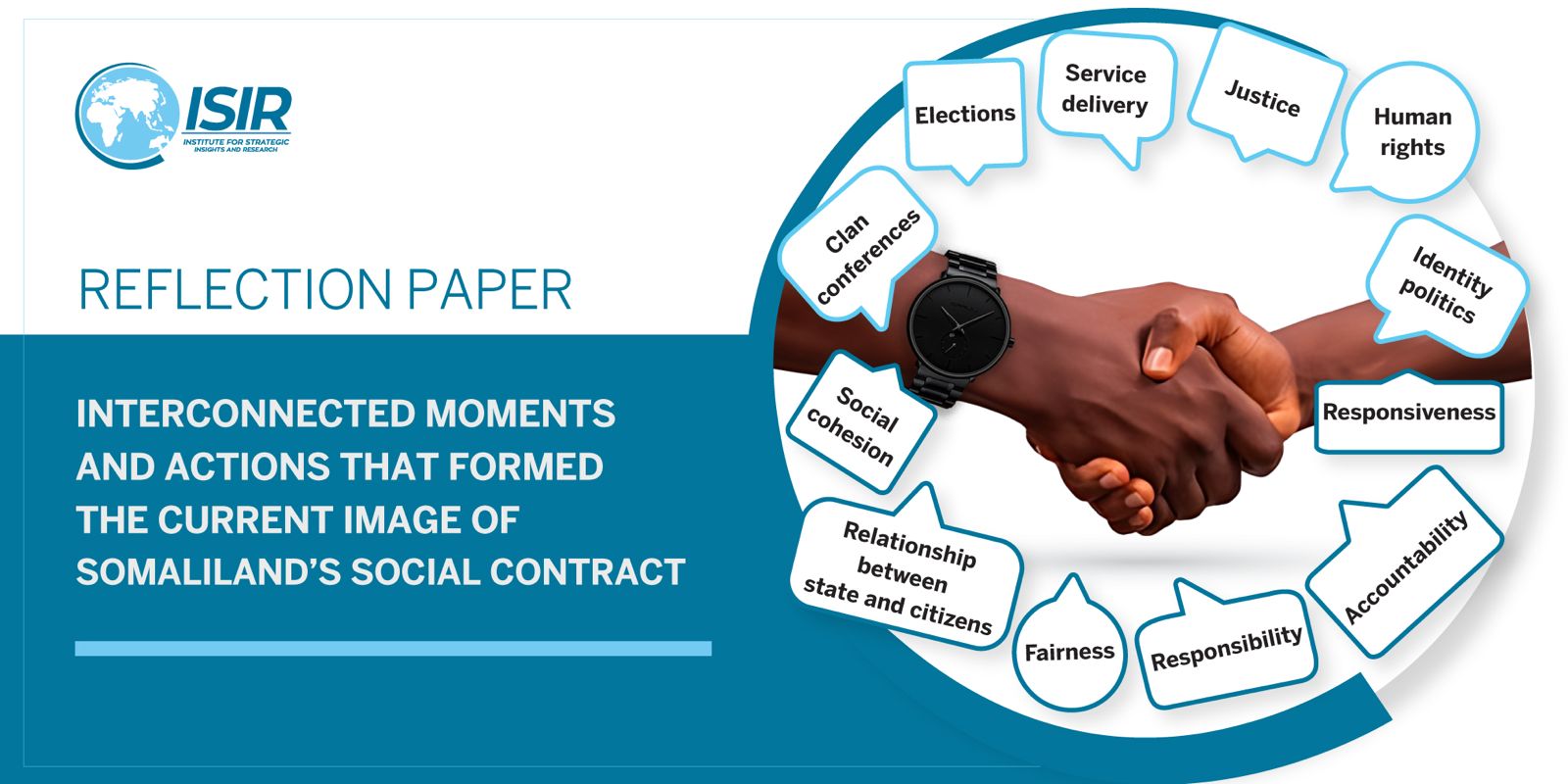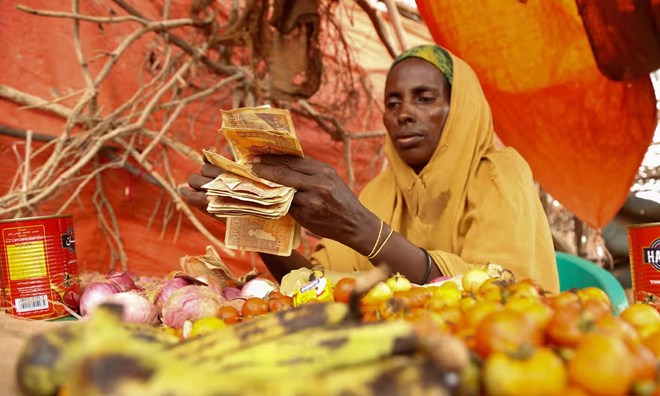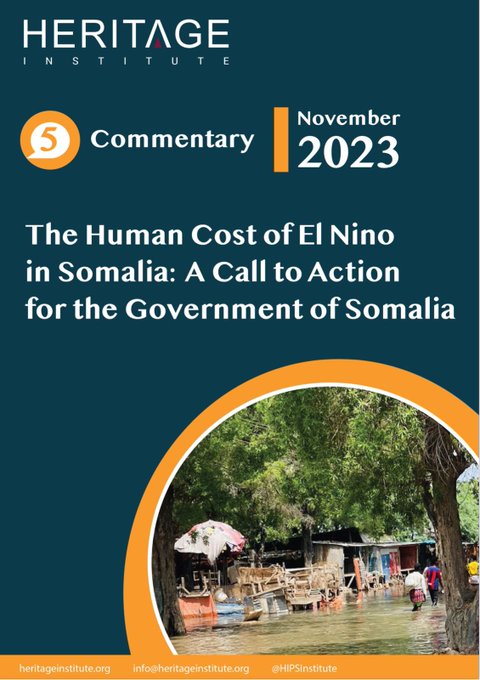Hargeisa November 12, 2022 (SD) – The International Crisis Group recently released a long and thorough report on the political situation in Somaliland and the ongoing political dispute.
The organization highlighted in its report that Somaliland’s hard-earned peace is at grave risk due to the electoral calendar.
The enclave was to hold two elections at the end of this year, the presidential elections in November, which marks the end of the current president’s constitutional term in office, followed by the registration of new political parties in December.
The Crises Group says the Waddani party defeated the ruling party in the 2021 parliamentary elections, later forming a coalition with UCID to take control of the house of Representatives. Waddani feels it could repeat that success and unseat the incumbent party Kulmiye.
Due to that loss, the Crisis Group explained in their statement that president Muse Bihi Abdi sees an opportunity in holding the party elections ahead of the presidential elections, as to register weaker parties in a ploy to secure a second term in office.
The report notes that ahead of the presidential election, the Guurti house extended President Muse Bihi’s term by two years, making the registration of the three new political parties indeterminate.
The Group is calling on the international community to help facilitate a resolution to the current dispute, as local stakeholders failed to broker a deal.
“To defuse the risk of unrest, Somaliland’s international partners should push its political elites to chart a consensus path forward, offer to mediate if they fail, and volunteer to serve as guarantors for whatever resolution emerges.” The group suggested.
Furthermore, the group recommends in its report that Somaliland needs Assistance from investors and parners to assit her with institution building.
“The current dispute also illustrates the need to reinvigorate Somaliland’s political system through reforms that close gaps in electoral legislation, shore up its institutions (eg, by establishing an independent constitutional court) and begin to address structural problems such as increasing clan dominance at the expense of broader inclusivity in politics. A good first step toward reform would be determining the mechanics and fixing a date for the long-overdue selection of the next Guurti well before the five additional years the body has given itself come to an end in 2027.” The ICG wrote.
Instability and conflict resulting from the current Somaliland political stalemate may give way to terrorism in the region, according to Crisis Group.
“Additionally, a protracted political or social conflict could create recruiting and safe haven opportunities for the Islamist insurgency Al-Shabaab, which has made subtle inroads in Somaliland in recent years – particularly in the eastern Sanaag region. A distracted Hargeisa may tempt some Al-Shabaab members, on the run following a fresh government offensive in central Somalia, to seek refuge in Somaliland.” The ICG wrote.
Finally, the ICG recommends that the International community send a decisive and urgent massage to any stakeholder resisting compromise.
“They could send a coordinated message that if 13 November passes without an agreement, and the parties fail to find a stopgap arrangement to keep the situation from unravelling while they search for a solution, they will suspend aspects of their cooperation with Somaliland. These might include assessments to explore economic or security collaboration, defence assistance programming and invitations for high-level Somaliland government visits.” said the ICG.
The International Crises Group’s statement comes days before the end of President Bihi’s term in office.
Categories: Latest News








